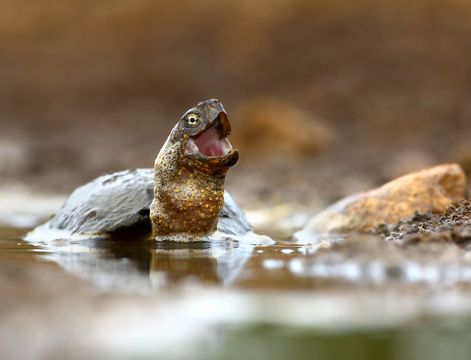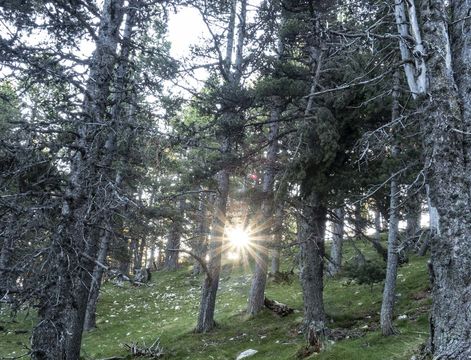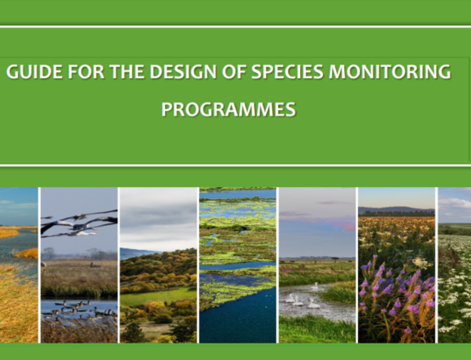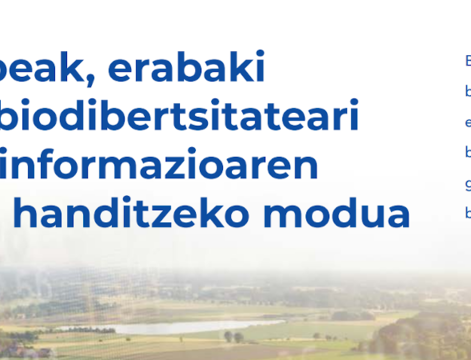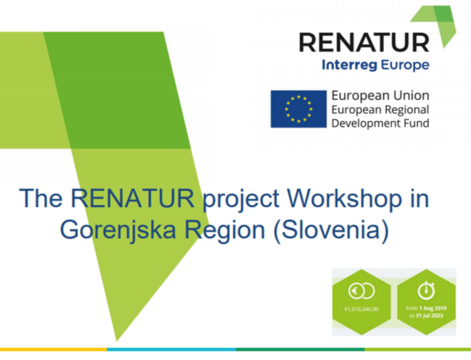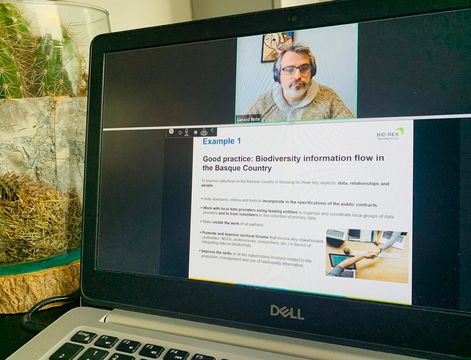What does your department do?
Biodiversity and ecosystems research; development of monitoring schemes for communities, species, populations or ecosystem processes; insect communication and neurobiology.
What is special about your local environment?
Slovenia is one of the most forested countries in Europe and at the very top of the European list with regard to the area of land designated as Natura 2000 sites. Moreover it is known for extraordinarily high levels of endemic species.
Why did you get involved with BID-REX?
We expect that interregional cooperation within BID-REX will improve the quality of biodiversity data use by decision makers in our region due to the application of novel approaches learned from other regions. Consequently, funding for efficient nature conservation should increase.
What have you taken from your involvement in BID-REX so far?
Improved understanding of obstacles in communication between data providers and decision makers and start of implementing new species prioritisation methodology adapted from our UK partner.
What have been the key milestones/findings so far?
Identification of all data collectors and existing biodiversity information for our pilot region, involvement of key decision makers and data managers into interregional BID-REX activities, development of the first draft of structured biodiversity information that will be available to interested stakeholders and decision makers.
What do you hope BID-REX will help your region achieve?
Improved and accessible biodiversity information that will lead to increased and more efficient funding schemes for nature conservation in the region - Ljubljana Marsh Nature Park.



